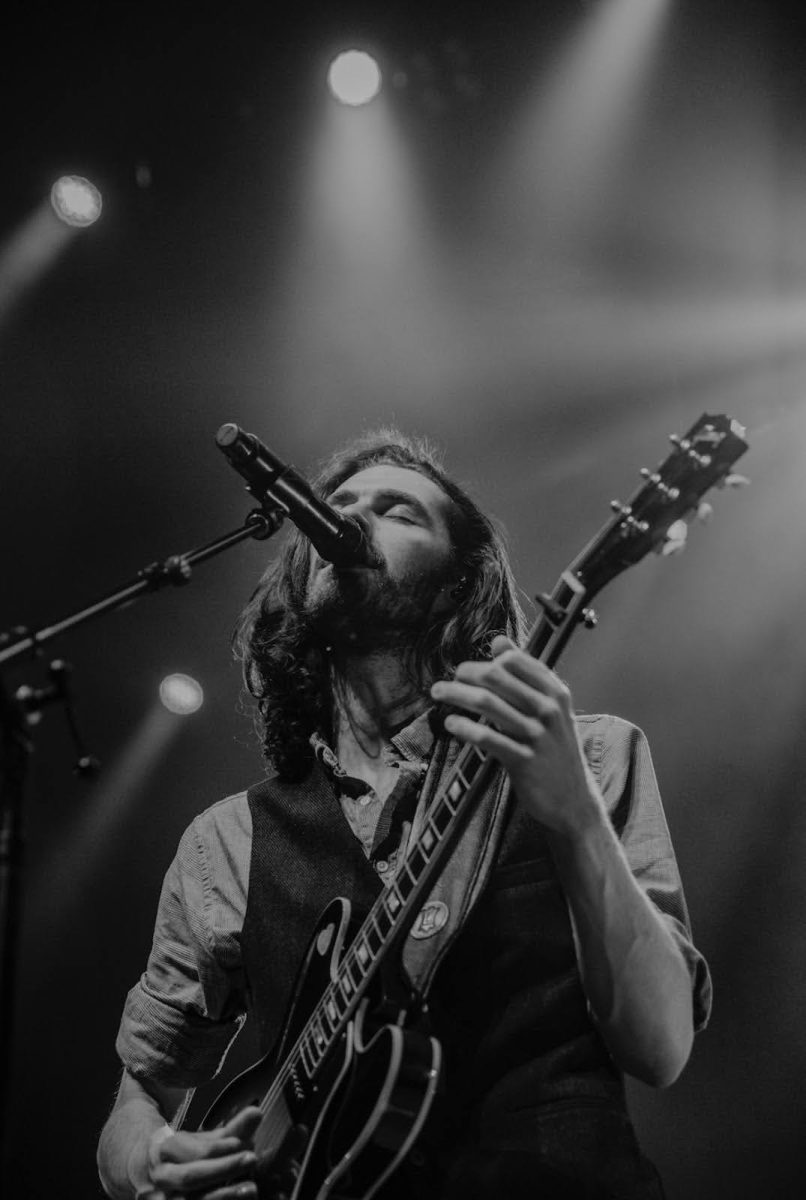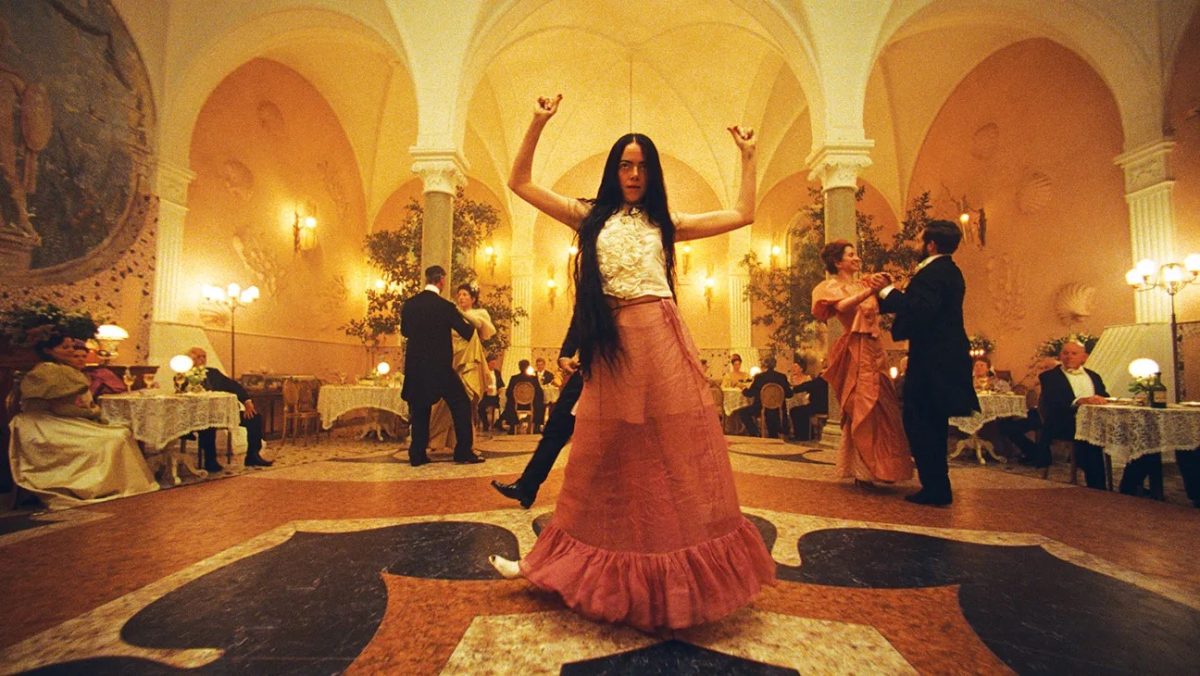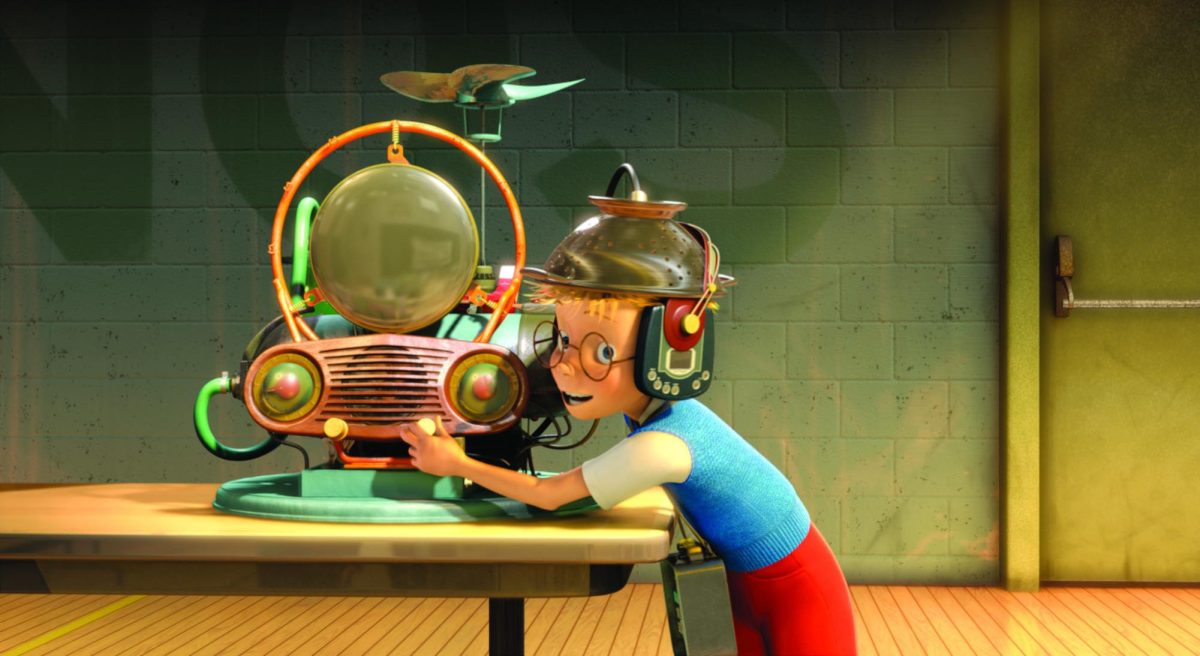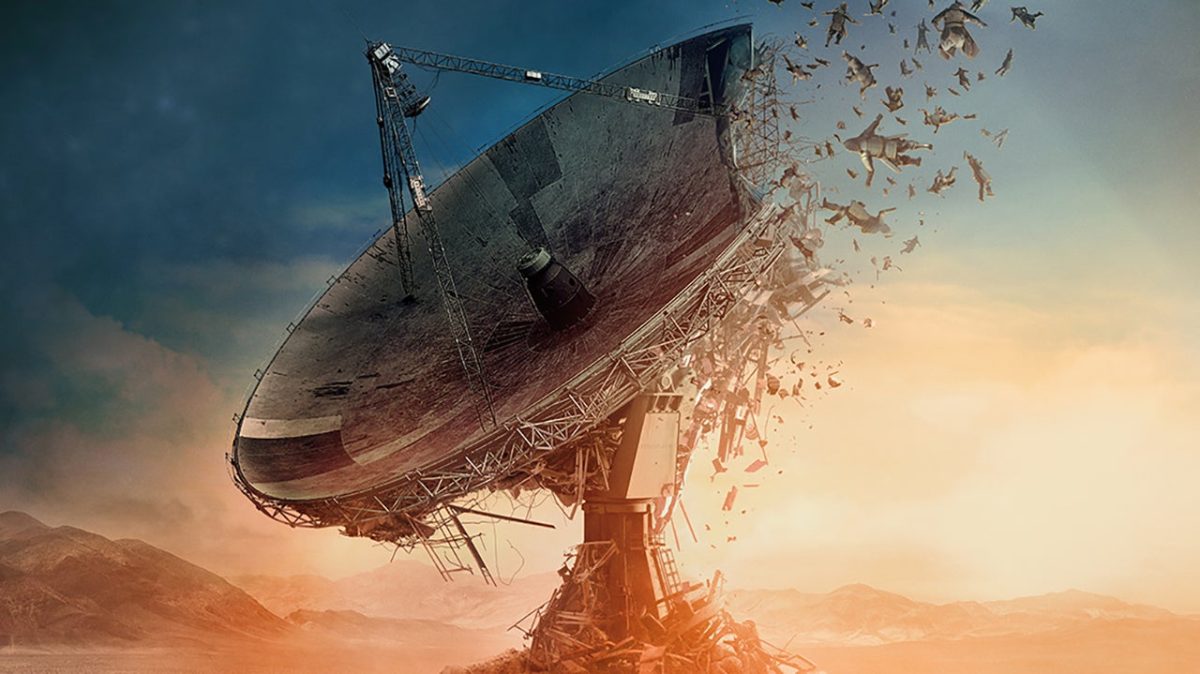Two Arts and Entertainment Guardian Writers duel it out to answer the age-old question: Is Billie Eilish actually good?
SHE SLAPS
In late March, Billie Eilish, the vocally-gifted alternative prodigy, delivered her highly anticipated debut album, “WHEN WE ALL FALL ASLEEP, WHERE DO WE GO?” The album brought forward great praise, but it also revealed a noticeable group of individuals who are not huge fans of the recent success of the 17-year-old songstress.
From top to bottom, the recent debut album showcases Eilish’s undoubtedly angelic vocals and dynamic versatility. On tracks such as “bad guy,” Eilish is able to display her ability to deliver lyrics in a staccato and nearly spoken-word chorus. She delivers eerie yet lovely vocals with a bass-infused, trap-like production. As a stand-alone track, “bad guy” is the epitome of Billie Eilish and the polarizing opinions she inspires. In a few minutes, one can hear so much potential and talent, while others choose to find discomfort in her lyrical decisions, obvious teenage angst, and rebellious tendencies.
What is most impressive about Eilish is how quickly she is able to establish the tone of a track. On the track “xanny,” Eilish completely takes over and delivers a gorgeous ballad with heavy distortion and bass coming in and out of the track. Each song speaks to a different area of expertise, and the production continues to impress with each transition and soft melody grazing the track’s background.
It is not outlandish to argue that Eilish and her team are revolutionizing the alternative genre. She is doing what every alternative star before her has attempted and failed to do by creating a sound that is vastly unique. Despite her similarities to the likes of Lorde, Lana Del Rey, and other alternative stars who have risen to stardom in recent years, Eilish’s ability to supersede genre is unparalleled. Eilish’s discography is a massive melting pot of alternative, hip hop, and pop music that results in music that many only dream of one day constructing.
The sampling on her most recent album once again dives into unknown waters and makes the album all the more enjoyable. With various studio audience “awws” and direct samples from the hit show “The Office,” Eilish playfully mocks her own despair, which is witty, self-aware, and a risk that more artists should be taking. Despite being one of the biggest names in modern music, the young pop star refuses to take herself too seriously. In an industry where profits and streaming numbers are frequently discussed, the ability to not be too serious can be crucial.
Apart from her music itself, Eilish has done a commendable job of crafting a persona that simply allows her to be herself. Whether one loves or hates Eilish, her nonchalant, angsty, yet somehow charming personality is undeniably appealing. This very persona has caused masses of fans to fall in love with the character of Billie Eilish even more so than her music. Because of this, Billie Eilish is set to continue to rule the music industry for years to come, draped in oversized Balenciaga t-shirts, regardless of what anyone has to say about it.
— Matthew Rudas, Senior Staff Writer
SHE SUCKS
If you ask any teen who Billie Eilish is, there will typically be two answers — either she’s completely revolutionizing the pop genre as we see it, or she’s terribly overhyped and likes to show off her boogers.
After dominating the pop world and conversation with the SoundCloud hit “ocean eyes” in 2016, Eilish has finally released her debut album, “WHEN WE ALL FALL ASLEEP, WHERE DO WE GO?” three years later. While the young 17-year-old star certainly has her own flair, it’s not necessarily anything different than what has been done before. She’s an amalgamation of the female pop singers before her, as demonstrated by the tracks on her previous EP “dont smile at me.” The dreamy, longing wistfulness of Lana Del Rey heard in “ocean eyes” and the deceptive darkness under the sweet, angelic vocals in “bellyache” reminiscent of Melanie Martinez catapulted Eilish to the top of the charts and popularity in the dark pop genre.
However, Eilish just barely misses the mark with her debut. In comparison to her earlier works, something feels strangely off; Eilish still has a lot to prove before she can move beyond the analogies to established pop vocalists and become her own point of comparison. Now, this isn’t to say that Eilish lacks talent, as she certainly has a distinct sound.
The clear star of “WHEN WE ALL FALL ASLEEP, WHERE DO WE GO?” is “you should see me in a crown,” which showcases the best of Eilish. Powerfully sinister and nearly edging on otherworldly, “you should see me in a crown” accomplishes and conveys more in a mere three minutes than what the entire album could’ve hoped to achieve in 42 minutes. Starting with the sound of sharpening knives, the lead single features eerie, whispery vocals before plunging into a dark, buzzing synth as Eilish croons about world domination.
As a glimpse into Eilish’s musical persona, s— slaps. But a good track or two doesn’t save the album as a whole, especially considering the way the album begins with “bad guy.”
“bad guy” is less on the haunting, chilling side and more on the spooky side. It’s easily the most poppy track, with a snappy rhythm and electronic beat you would find the Scooby Gang running behind. Strangely upbeat, Eilish taunts and taunts throughout while claiming herself as “the bad guy,” with the lyrics coming in robotic and warped. However, this doesn’t produce the sinister effect as it should — the line lags, and with it, the chilling effect wanes until all that’s left is just confusion.
Moreover, Eilish teasing that she’s the “might seduce your dad type” is enough to elicit a pause all on its own, considering this is coming from a 17-year-old girl.
“wish you were gay” could’ve been another highlight of the album for showcasing Eilish’s vocals against a softer, airier backdrop than the deeply grating bass found throughout the album. However, it plays like a 2019 version of Katy Perry’s “Ur So Gay,” which certainly does not require a reboot.
For an album that succeeds in producing a ghostly and sometimes even bizarre tone, listen to Charli XCX’s “Pop 2.” Captivated by Eilish’s brooding, slightly gothic aura? Go back to her clear pop predecessor, Lorde. When Eilish can fully separate herself from the alt-pop stars before her and return with an album that successfully plays off her strong suits, then perhaps she can be credited with revolutionizing the scene. Until then, Eilish needs to fully focus on a persona and hone in on her own sound to truly separate herself from the rest of the pop pack.
— Jahfreen Alam, A&E Associate Editor









Dave F. • Apr 16, 2019 at 3:35 pm
Chloe, you wrote:
“…a public figure glamorizing the sexualization of teenagers.”
Are you referring to Billie Eilish or some other pop star? Because sexualization is the last thing Billie is associated with. Hence her baggy clothing style, her refusal to smile “to look pretty”, etc., are what makes her endearing.
You also confused Billie’s use of tropes in songs to make a point from the acting out those tropes. Because she’s a minor, you say let’s somehow find fault with her label. Really? What grade are you in?
Lastly, about “being abused and sexualized by the music industry…” does not make any sense. Billie’s fashions, which pre-date her singing career, reject the sexualization by showing how to make one’s own clothes from thrift stores. There’s even a public video somewhere where she competes in a thrift store challenge. Since then her entire iconic status is built on giving the middle finger to adults for sexualizing young women. I’m begining to wonder if you’re even sane.
Chloe E. • Apr 30, 2019 at 10:49 pm
Ignoring your third grade insults, your entire comment hinges on the idea that she’s not sexualized, but what is “might seduce your dad type” if not sexualizing her? There’s more to sexualization than clothes.
Dave F. • Apr 7, 2019 at 3:30 pm
“might seduce your dad type” is one of many tropes Eilish enumerates that makes for a “bad guy,” which does not mean she has seduced. In an earlier EP, she makes a similar statement about how one is called a whore for wearing a tight dress. She wasn’t threatening whoring then anymore than seducing now. Eilish is singing about tropes young women have to carefully navigate in a highly sexualized culture.
Jahfreen Alam, A&E Associate Editor, says that’s reason enough why a 17-year-old could “elicit a pause.” Alam is unable to distinguish what a 17-year-old is warning about being labeled vs. actual acts of seduction. Alam is only one short step away from the kind of people who accuse rape victims for “dressing provocativley” or “bringing it upon themselves.”
Is Alam a latent misogynist suddenly threatened by a popular song or someone who’s failed to comprehend simple lyrics written by 17-year-old home-schooled girl? Either choice does not reflect well for UCSD.
Chloe E • Apr 7, 2019 at 7:05 pm
Dave, there is a world of difference between a 17-year-old being harassed for dressing provocatively and a public figure glamorizing the sexualization of teenagers. Eilish is not a teenager acting on her own – she has a team of adults behind her both in terms of producing content and in shaping the statements she makes to the public. When Eilish she says she’s a “seduce your dad type,” it’s not problematic because it would somehow mean she “deserves” harassment, but because she is normalizing the abuse of teenage girls by adult men, AND an entire team of adults had no problem with a 17-year-old girl singing about it. This is what the writer was talking about. If Eilish meant it as a critique, then good on her, but the fact remains that said critique was not executed well, and instead seems more like an example of yet another young girl being abused and sexualized by the music industry in order to sell songs.